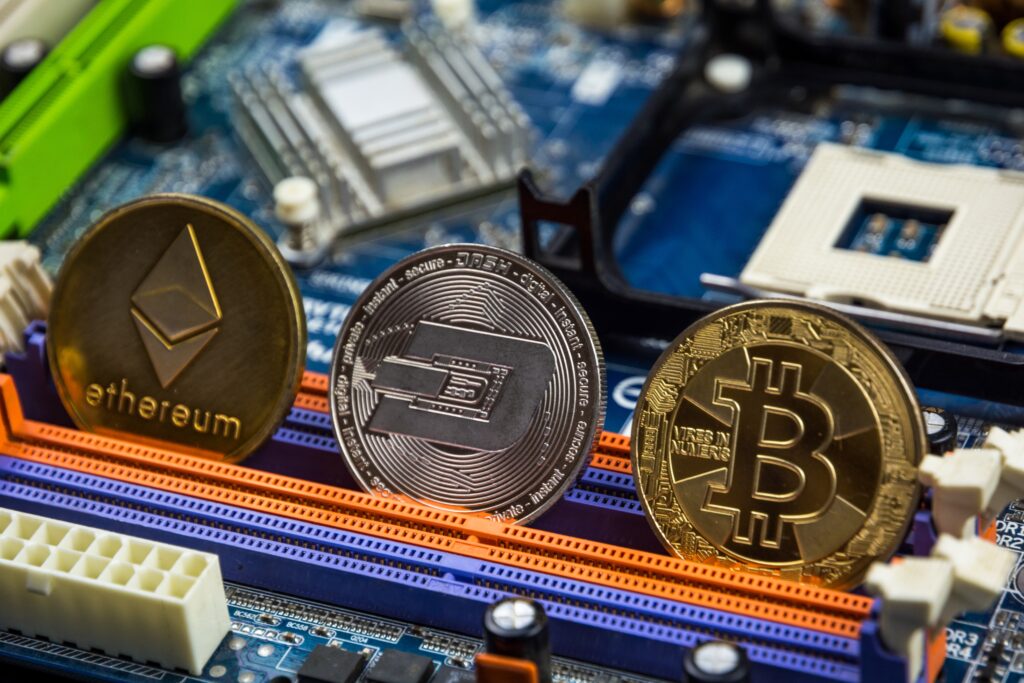The Central Bank of Nigeria (CBN) says it will launch its own digital currency before the end of 2021.
Digital currency is a form of currency that is available only in electronic form. Cryptocurrencies such as Bitcoin and Ethereum are digital currencies.

Earlier this year, the CBN posted a circular that stated, “dealing in cryptocurrencies or facilitating payments for cryptocurrency exchanges is prohibited.” Institutions were told to “identify persons and/or entities” transacting with cryptocurrency or operating crypto exchanges. The CBN clarified this statement to say trading in cryptocurrency is not banned but CBN wants to “prohibit transactions on cryptocurrencies in the banking sector.” In effect, a ban.
Speaking with journalists at the end of the virtual bankers’ committee meeting on Thursday, Rakiya Mohammed, CBN director of information technology, said the apex bank has been exploring the technology for over two years and has made tremendous progress.
“Before the end of the year, the Central Bank will be making a special announcement and possibly launching a pilot scheme in order to be able to provide this kind of currency to the populace,” NAN quoted Mohammed to have said.
According to Mohammed, the apex bank plans to come up with a digital currency to make remittances travel easier from abroad to Nigeria.
She said the digital currency would accelerate the ability to meet the target, regardless of one’s country of residence.
According to the CBN director, about 80% of central banks in the world are currently exploring the possibility of issuing central bank digital currency and Nigeria could not be left behind.
China in April 2020 became the first major economy to pilot a digital currency and is working towards achieving a wide, domestic use of the digital yuan by the 2022 Winter Olympics in Beijing.
Last year, the Bahamas launched the world’s first central bank digital currency. Other countries where national digital currency trials are ongoing include Indonesia, Norway, Japan, Sweden, and South Korea and in Africa, Egypt, South Africa, Ghana, Morocco, and Kenya are exploring the technology’s feasibility.
On Wednesday 9th of June, El Salvador, a country in Central America, officially recognized Bitcoin as a form of legal tender to “drive financial inclusion.”


















